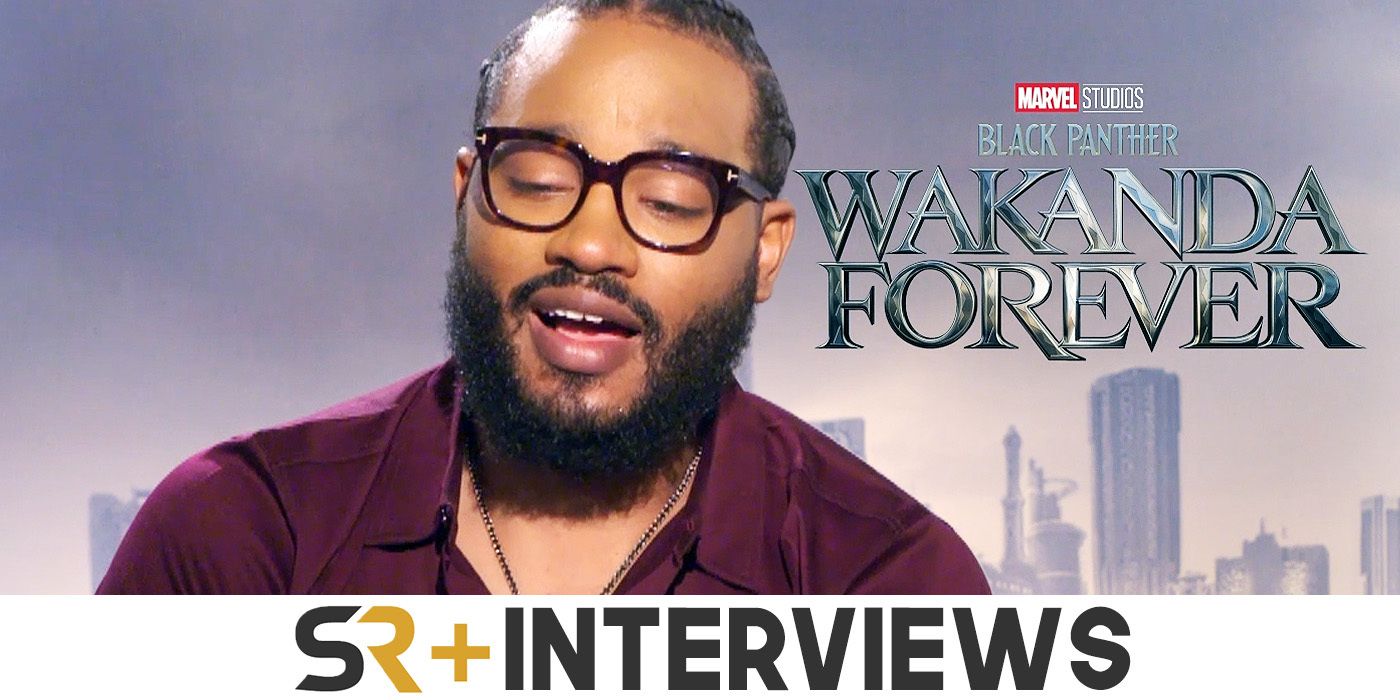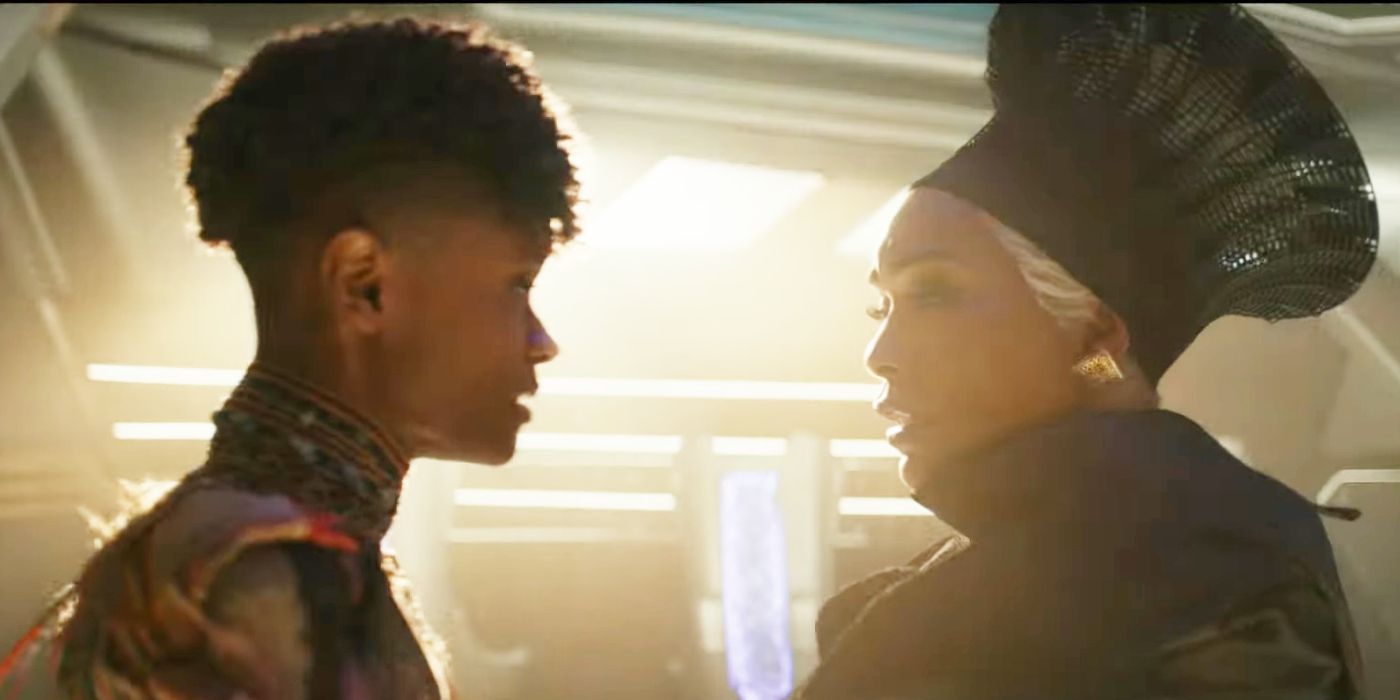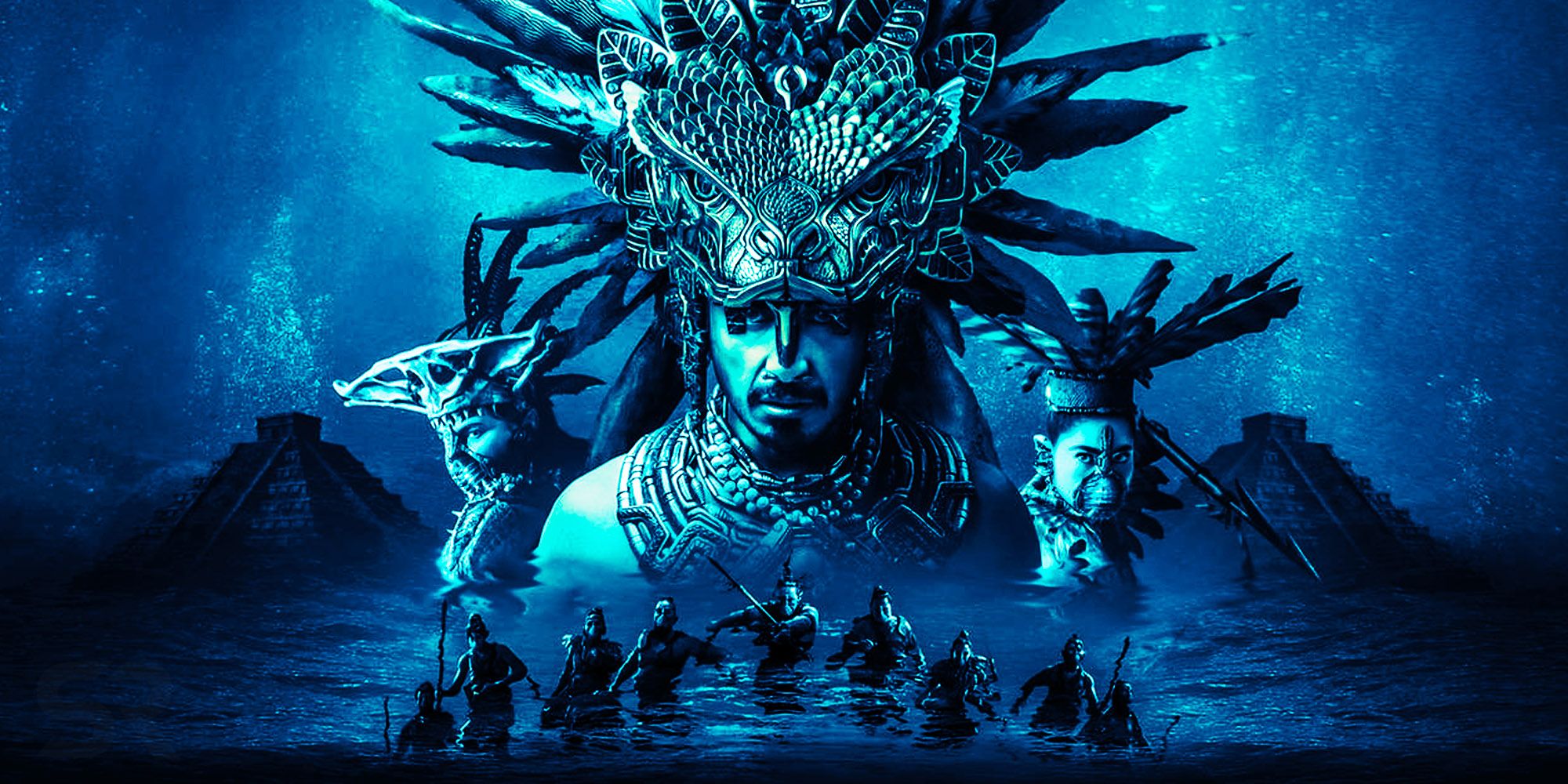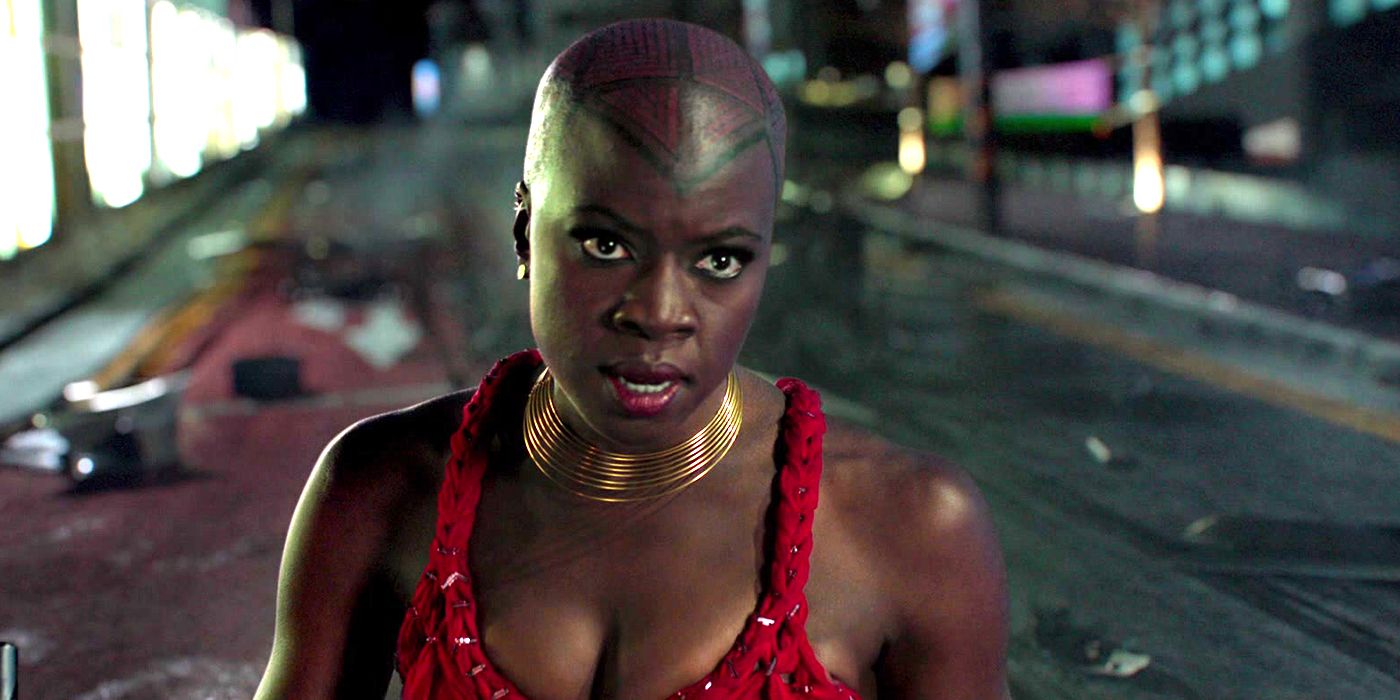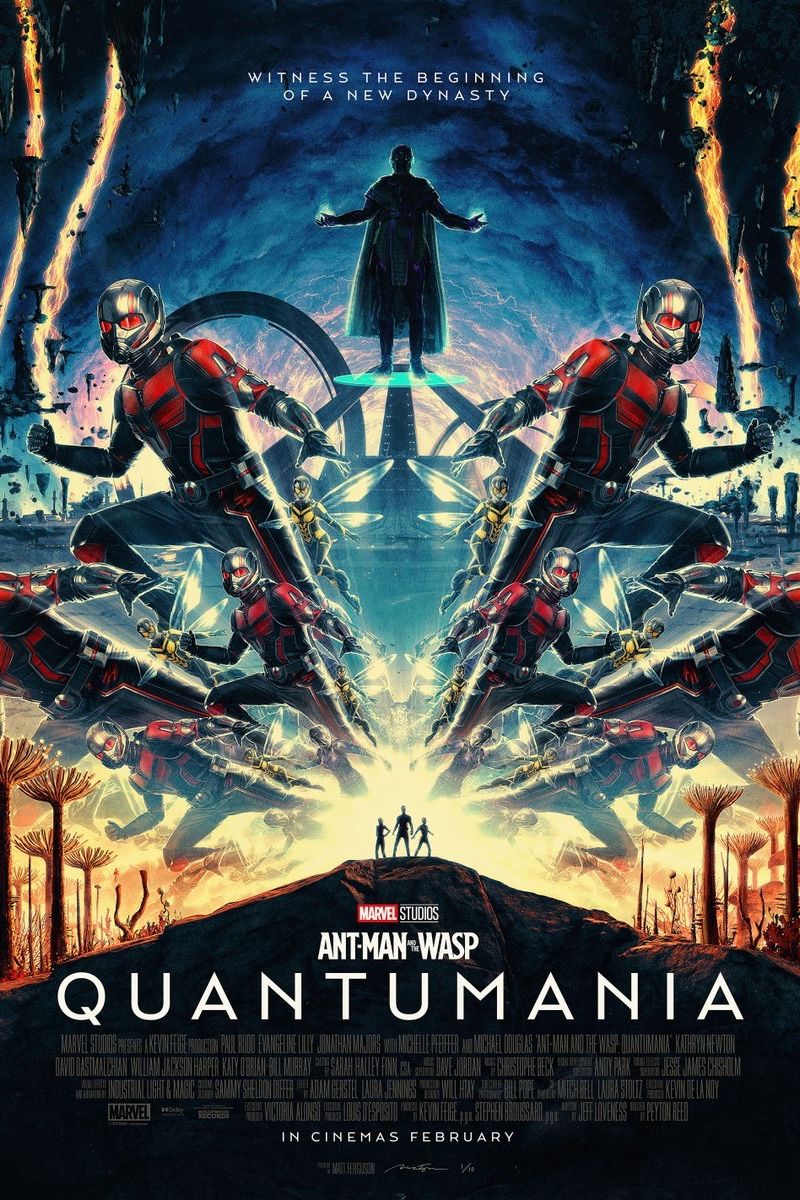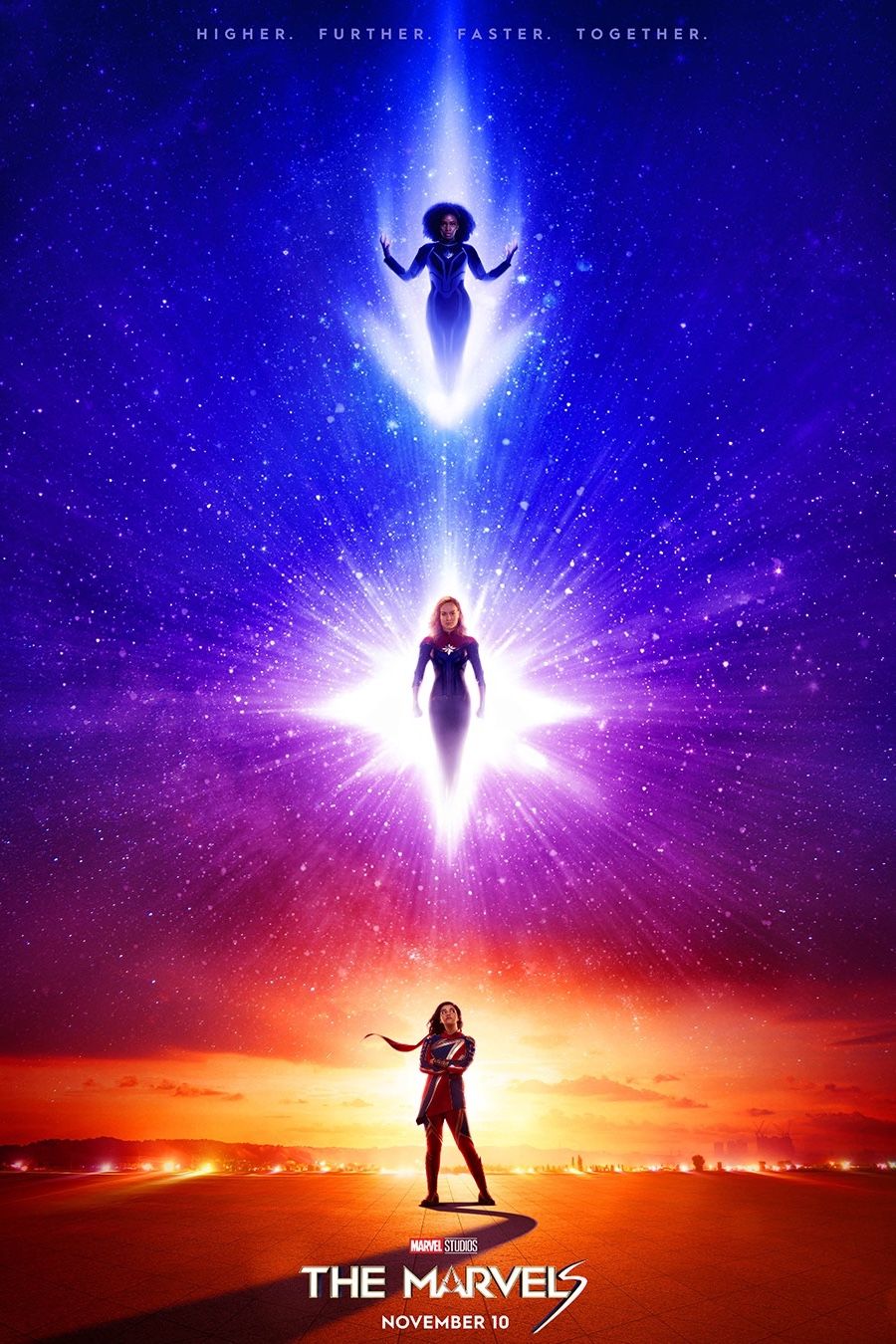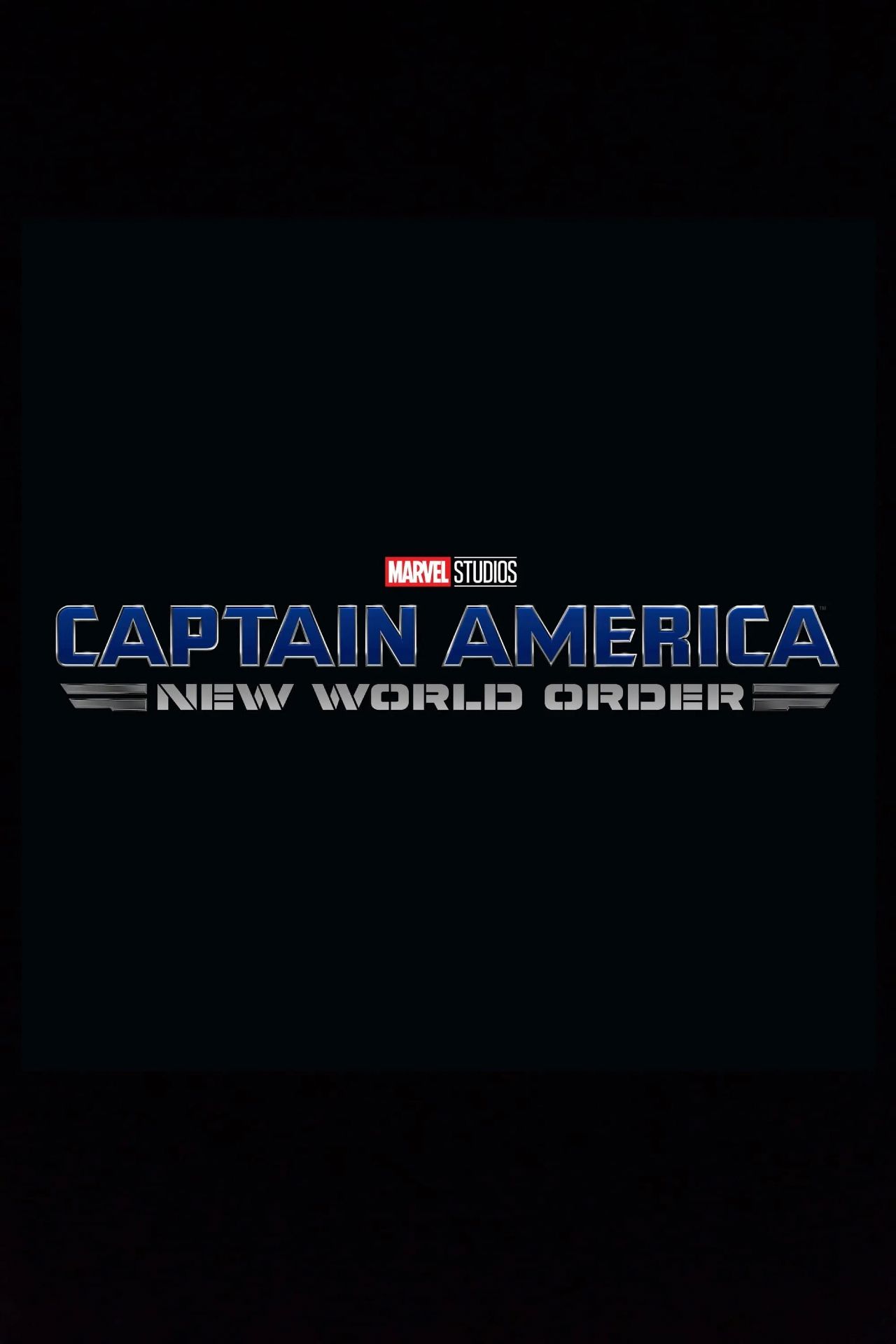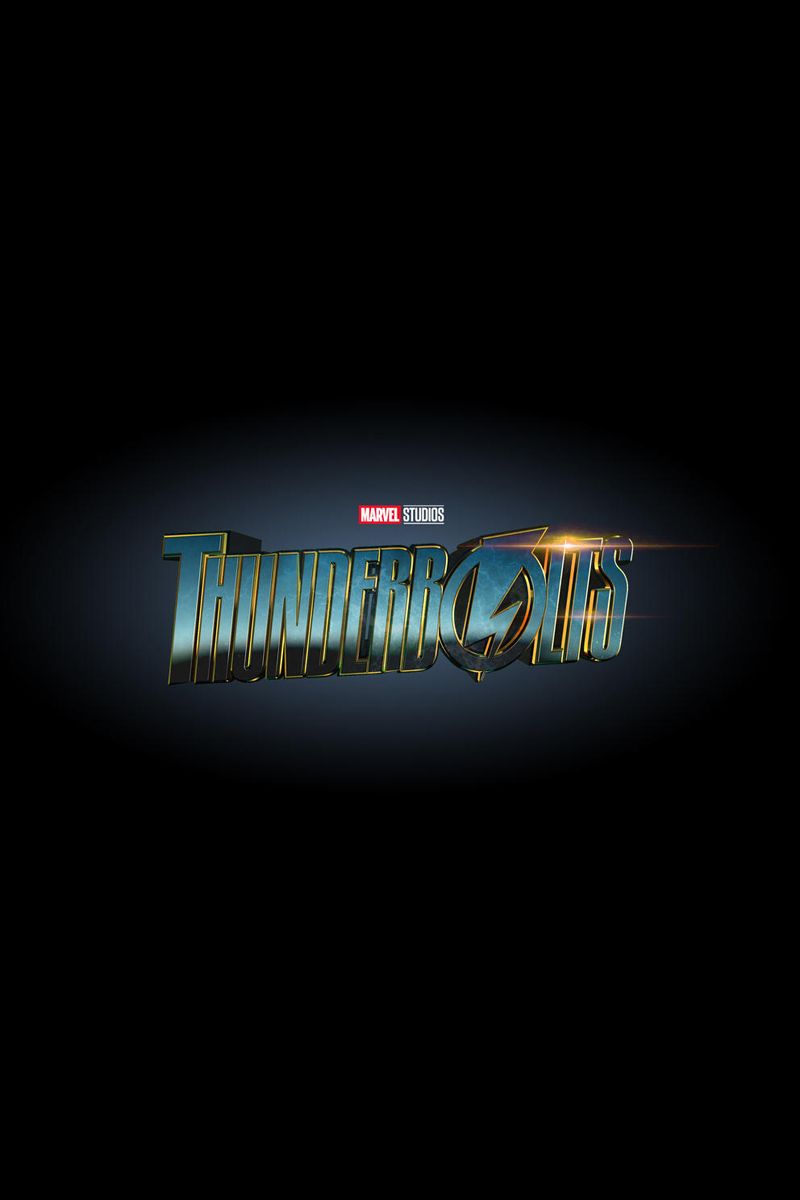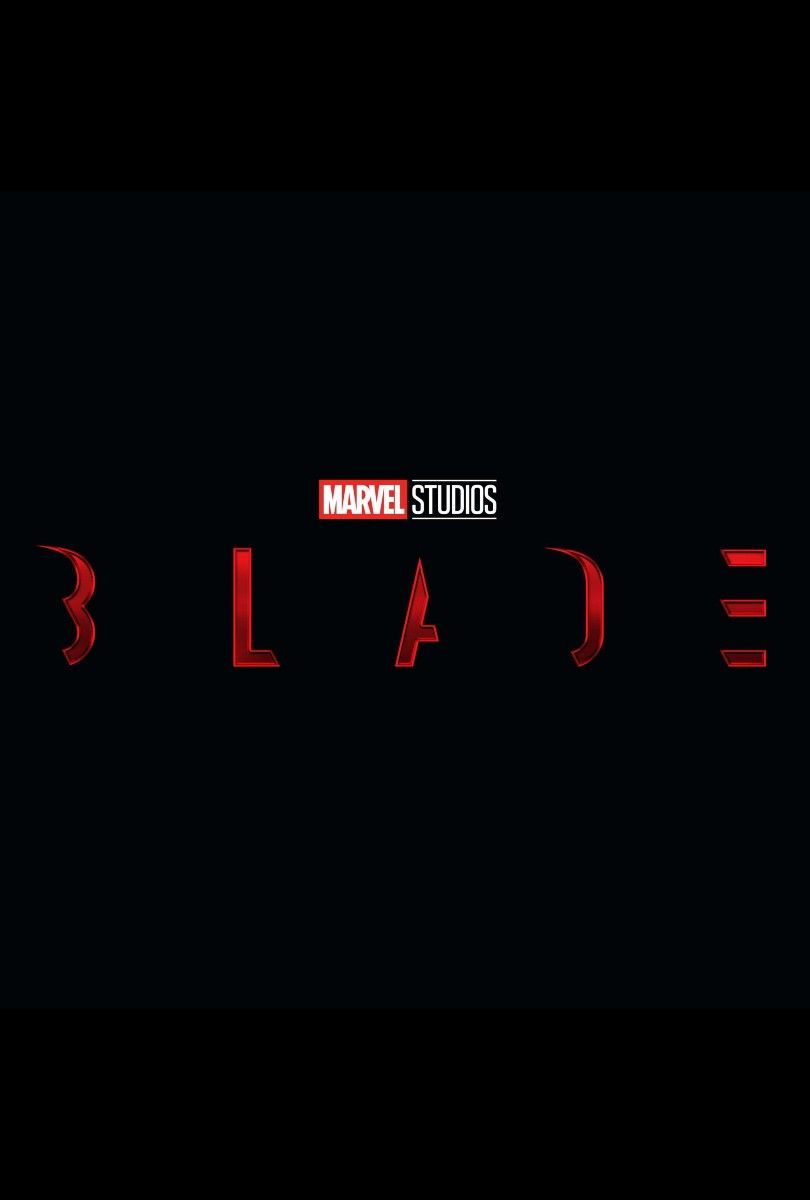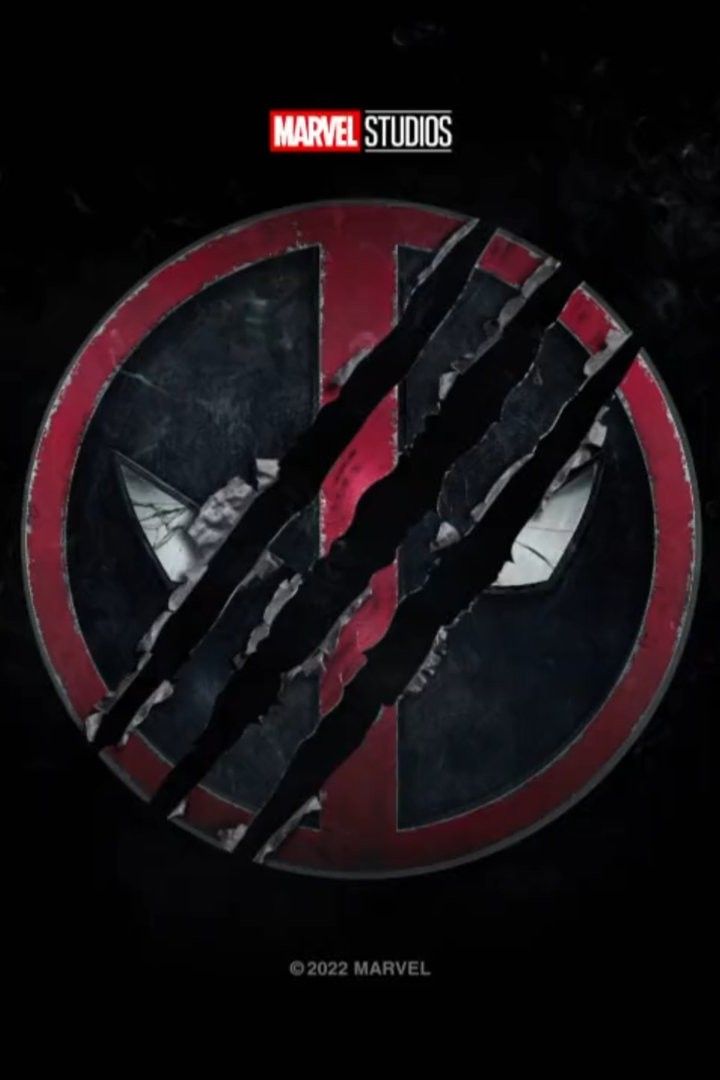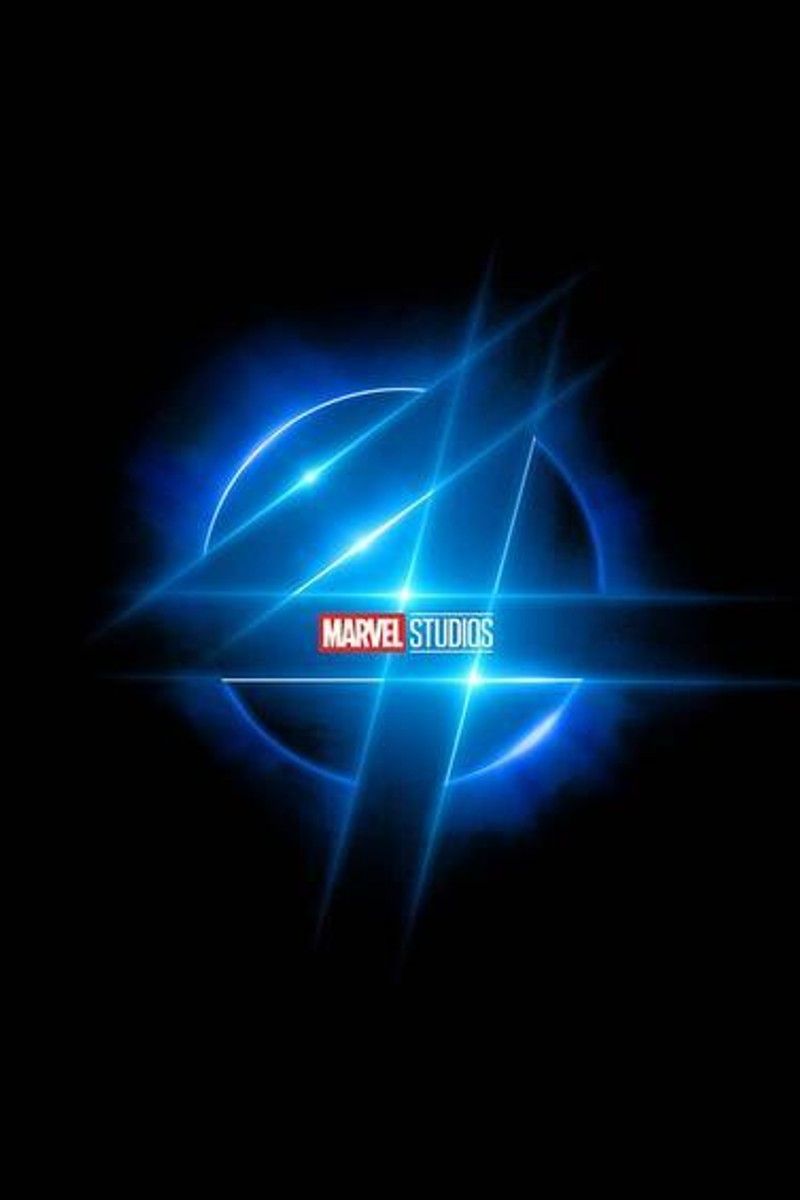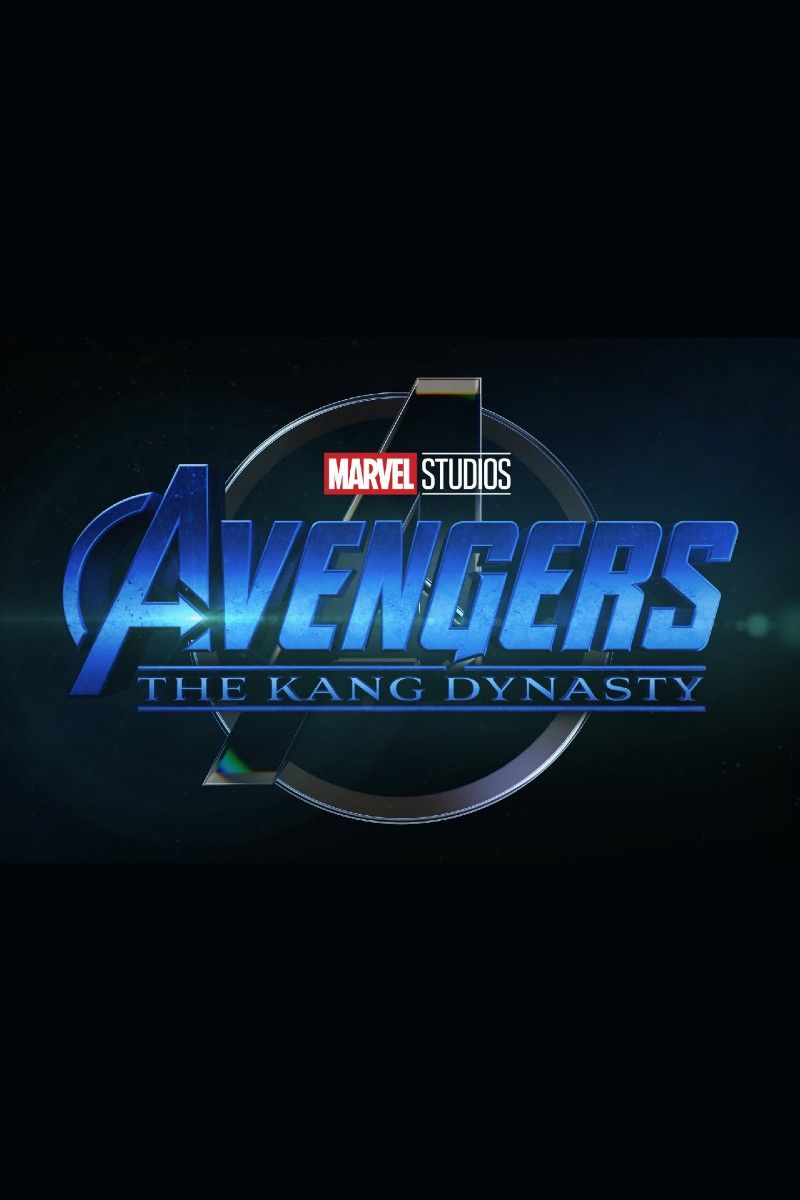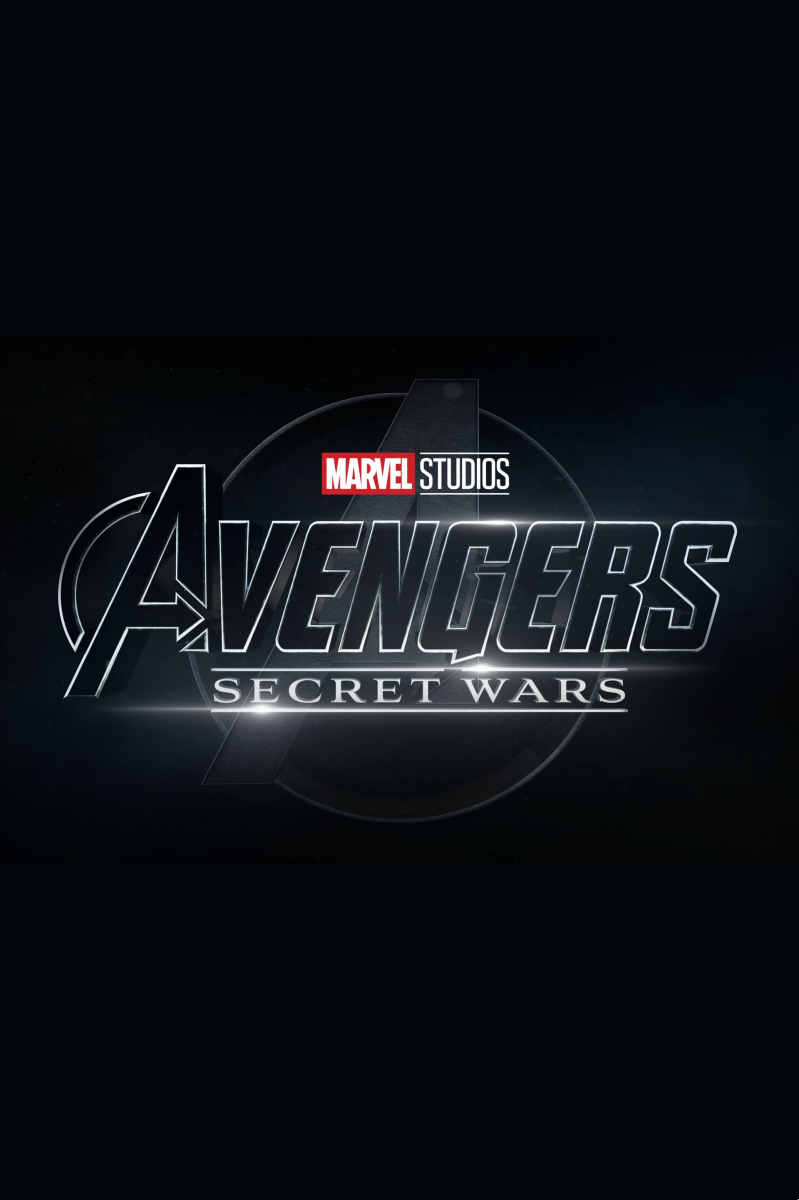Ryan Coogler continues the story of Wakanda in Black Panther: Wakanda Forever, which debuts in theaters on Friday November 11. The highly anticipated sequel went through major rewrites following the death of Chadwick Boseman in 2020, incorporating the passing of his character, T’Challa, into the script. Black Panther: Wakanda Forever brings the legacy of Boseman and T’Challa to the forefront as the characters grieve the loss.
Coogler also introduces Namor and Riri Williams, aka Ironheart, in Black Panther: Wakanda Forever. Namor is the ruler of the secret underwater nation of Talokan who, like the Black Panther, is the protector and ruler of his people. Talokan is a compelling new civilization, but what is even more fascinating is how it mirrors Wakanda as a nation of solitude hidden from the world with a leader dedicated to its protection.
Screen Rant spoke with Coogler about his upcoming sequel, Black Panther: Wakanda Forever. He talked about Chadwick Boseman’s legacy, what inspired Talokan, and how Shuri differs from Namor as a leader of her people.
Ryan Coogler on Black Panther: Wakanda Forever
Screen Rant: First of all, fantastic job on this film. You brought me through such a range of emotion, and I felt like I was going through Shuri's journey with her.
Ryan Coogler: That's big.
The legacy of Chadwick and T'Challa is felt throughout the film. Can you talk to me about how his presence permeated the set and production throughout the course of it?
Ryan Coogler: Easy. One of the first meetings I had right in pre-production, my AD Don Sparks, who was not with us on the first Black Panther—you had the great Lisa Satriano on that one. But I worked with Donald on Creed when we were in Philadelphia, and Don's a Black man. We jump on this meeting, and it's me and a producer and a couple of other folks, and the first thing he said is, "Hey, I'm working on this call sheet. I'm numbering the cast, and I figured we should leave number one for Chad. Leave that blank."
I had to turn my Zoom camera off because I got a little choked up at the concept of that. But he affected the world, man. When you experience trauma, oftentimes it happens like a bomb. And sometimes, people are right there in that blast radius. A lot of us were there in the radius of it; we knew him. We worked with him for years and forged a bond with him that can only be forged through working on something that everybody cares about passionately. But he affected people that were not in the blast radius too.
When you talk about making a Black Panther movie, his presence was right there on that call sheet. Even down to the fine details, we all carry him with us and we always will.
The presence is still felt in the movie.
Ryan Coogler: Oh, yeah. Big time. He's a character. The character that he played, T'Challa, is still felt. He's there.
Can you talk to me about the difference between Namor and Shuri as leaders and protectors of their nation?
Ryan Coogler: Great question. Many themes in this movie. I don't want to get into all of them because that would suck, but one thing we would talk about is this idea [that] in the first Panther film, there was a big conversation around innovation and tradition. There were traditionalists and there were innovators. In this one, we tried to be less focused on that concept, even though that's still there. But in this one, I really thought about this concept of intelligence versus wisdom, what it means to be means be smart versus what it means to be wise, and which one wins when those things come into contact with each other.
And there's something to be said for wisdom. Wisdom comes with a life lived, and Namor is a character who's very old in a human sense. He's been alive a long time, so he's very wise. Shuri comes into contact with this guy who's much older than he looks, and she's used to being smarter than everybody she's around. And maybe you could argue that she is smarter than Namor, but she's not wiser than him.
Wisdom is a powerful thing. She's also dealing with wisdom from her mother, and I think that made the film very interesting. And that's a big difference between them. Namor's lived a lot more life than she has and has been less protected than she has been. Talokan is, in many ways, more exposed than Wakanda is, even though the world knows about Wakanda. It's this idea of vulnerability and what that can mean.
I love the grounded take on Talokan and the grounded mythology that it has. What went into the decision to really focus on Mexican and Latin American culture, rather than being this mystical place like Atlantis?
Ryan Coogler: Historically, a lot of myth internationally about this idea of a hidden place in the water—lost continents and things like that—you could go into a Google wormhole looking at this. I think that because we live in a society that's very much permeated by Western thinking and Western ideas, that Greco-Roman concept of Atlantis, Plato's Concept, [has] permeation of our consciousness. But there are other concepts, and that concept has been displayed so much cinematically and [been] detailed very well.
I dug Aquaman and really loved Disney's Atlantis that came out when we were younger. And I wanted to make something that could stand in a cinematic pantheon beside those films and be different, but still truthful. We were after something that felt truthful, and real, and we can take a deep cultural dive [with]. That felt like it was on theme, felt like they belonged in a world with Wakanda that was believable, but also felt like myth; felt like people could see themselves in it. That's what we were after. I don't know if we accomplished it.
One of the scenes that actually touched me the most was the scene between Angela and Danai. My God, what a powerful scene. Can you talk to me about what was the most impactful scene for you to shoot?
Ryan Coogler: It's funny, I'm trying to think about stuff like that, man, to force comparison. Best favorite. It's tough, bro. And they all were impactful in their own ways.
That scene you mentioned? It was special. It was a special scene. Two really great actors that identify very closely with their characters. And that scene is two people who love each other; who really care about each other personally, and personal and professional is interwoven. And you get that in politics. You get that in the military.
And family sometimes.
Ryan Coogler: Yeah, you get that in family. You get that in art. As filmmakers, you'll see actors working on a movie. Next thing you know, they're dating. Just because it's long hours, you're remote on location, and you end up becoming close with these people. You got no other choice but to. Sometimes that can get complicated. In that scene, the Queen has to make an executive decision that's very hurtful for her, and it's tough for her. And obviously, it's tough for the General. The scene's a tough one to watch but, man, are they good.
About Black Panther: Wakanda Forever
Queen Ramonda, Shuri, M'Baku, Okoye, and the Dora Milaje fight to protect their nation from intervening world powers in the wake of King T'Challa's death. As the Wakandans strive to embrace their next chapter, the heroes must band together with Nakia and Everett Ross to forge a new path for their beloved kingdom.
Check out our other Black Panther 2 interviews here:
- Danai Gurira
- Lupita Nyong'o
- Alex Livinalli & Mabel Cadena
- Ludwig Göransson
- Dominique Thorne
- Nate Moore
Black Panther: Wakanda Forever arrives in theaters on November 11.

